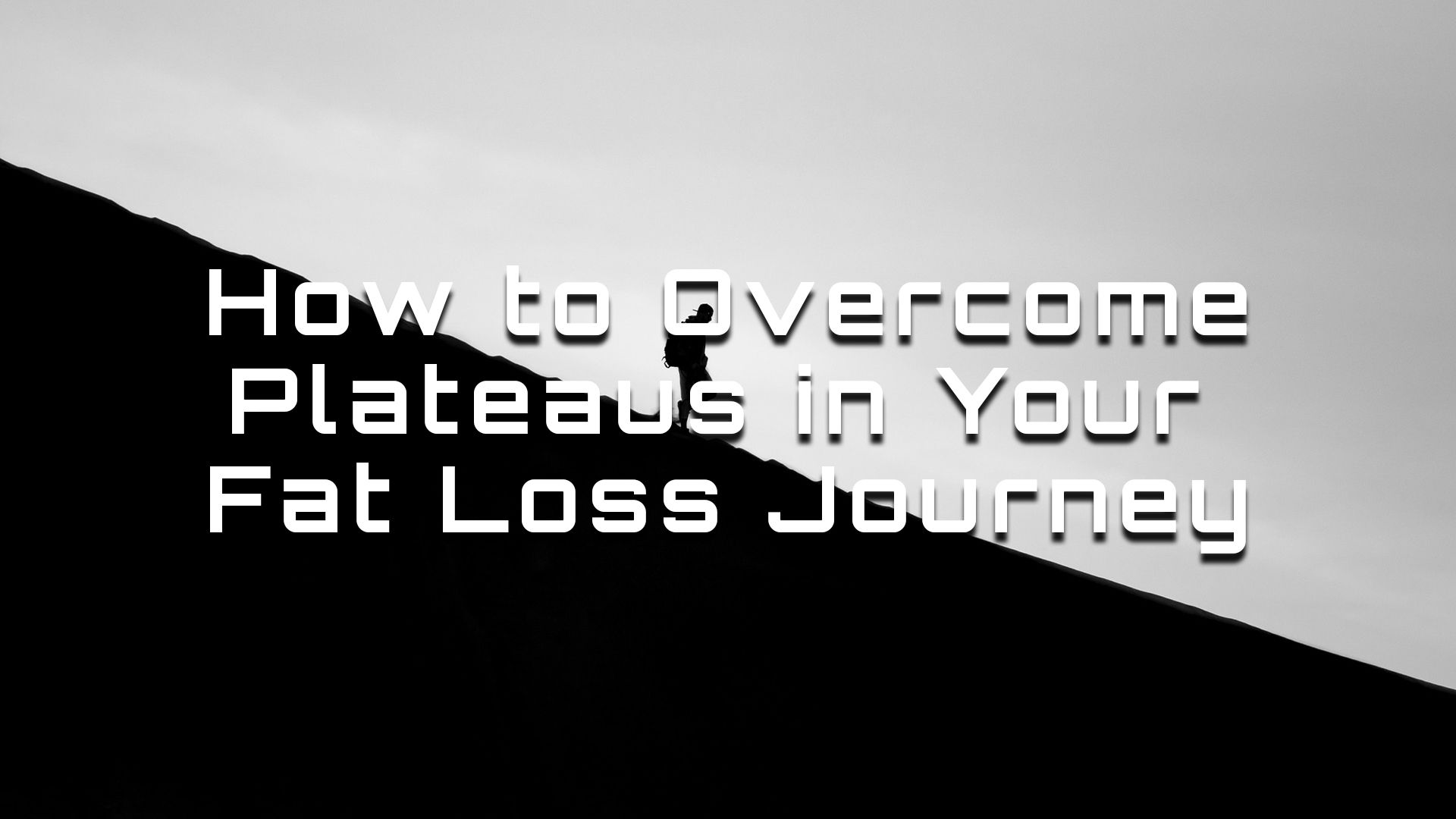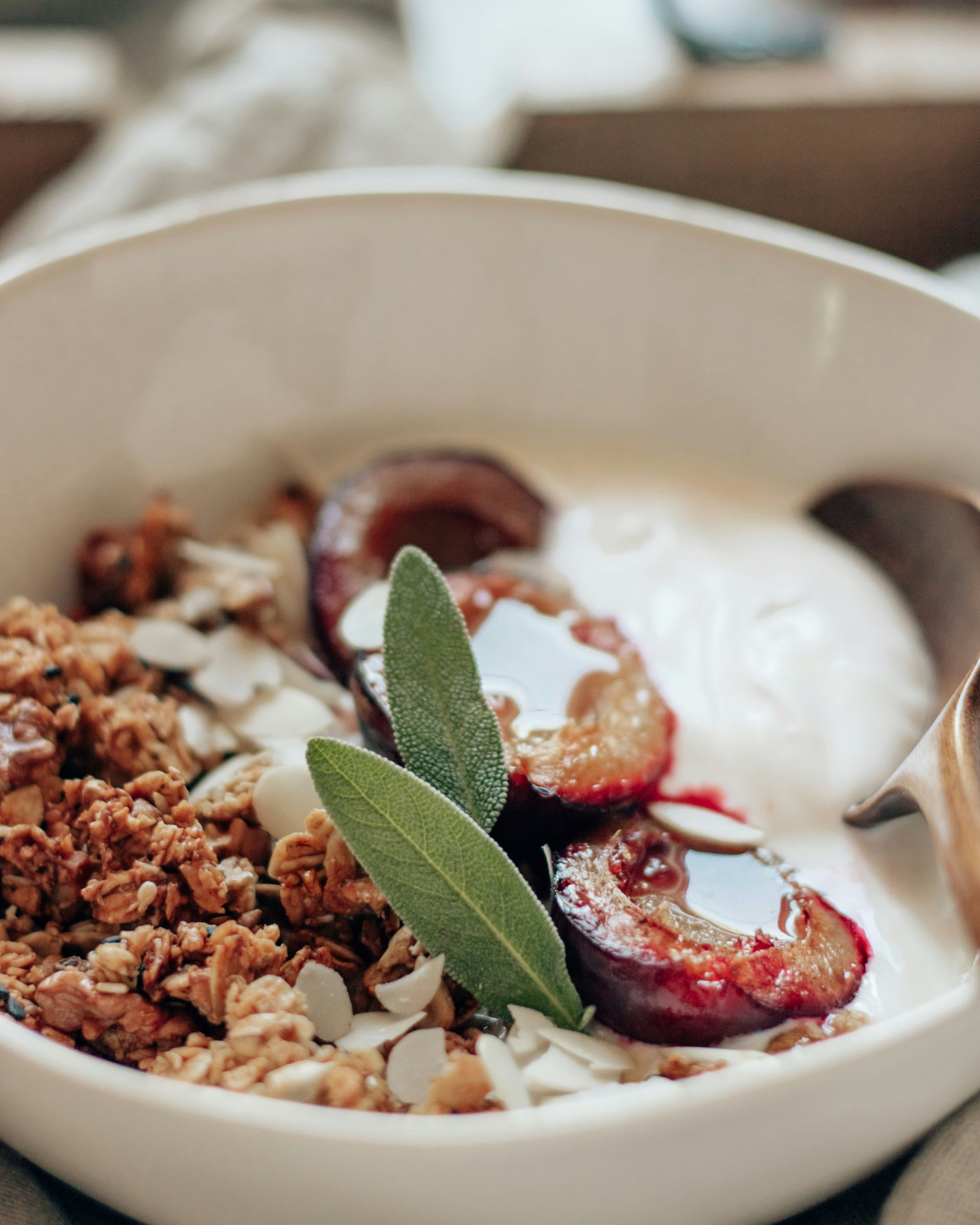
If you've been working hard to lose fat but have hit a plateau, don't give up hope. Plateaus are a normal part of the fat loss journey and can be overcome with the right approach. In this article, we'll share some tips to help you push past your plateau and continue making progress towards your goals.
Reevaluate Your Caloric Intake
When you hit a plateau, it's possible that you've been eating the same number of calories for too long. Your body may have adapted to this intake and is no longer responding to it. In this case, it's important to reevaluate your caloric intake and make adjustments.
Try reducing your daily calorie intake by 100-200 calories to create a slight deficit. This can help jumpstart your fat loss again. Alternatively, you can increase your caloric intake by 100-200 calories for a week or two to give your body a break from being in a calorie deficit.
Mix Up Your Workouts
If you've been doing the same workouts for a while, your body may have adapted to them. This can cause your progress to stall. Try mixing up your workouts to challenge your body in new ways.
Incorporate different exercises, change the number of sets and reps you do, or try a new type of workout altogether. This can help shock your body into responding again.
Increase Your Cardio
Cardio is an effective way to burn calories and boost fat loss. If you've hit a plateau, consider increasing the amount of cardio you do.
This could mean adding an extra day of cardio to your routine or increasing the intensity of your current cardio sessions. Just be sure not to overdo it, as too much cardio can have negative effects on your body.
Track Your Progress
Tracking your progress is important for staying motivated and seeing how far you've come. If you haven't been tracking your progress, start doing so now.
Take progress photos, measure your body fat percentage, and record your weight and measurements. This can help you see that you're making progress, even if the scale isn't moving.
Get Enough Sleep
Sleep is important for recovery and hormone regulation. If you're not getting enough sleep, it can negatively impact your fat loss progress.
Aim for at least 7-8 hours of sleep per night. If you're having trouble sleeping, try establishing a bedtime routine, avoiding screens before bed, and creating a relaxing sleep environment.
Reduce Stress
Stress can have a negative impact on your body and your fat loss progress. If you're experiencing high levels of stress, it's important to find ways to reduce it.
This could mean practicing mindfulness, doing yoga or meditation, or taking a break from work. Find what works for you and make stress reduction a priority.
In conclusion, plateaus are a normal part of the fat loss journey. If you've hit a plateau, don't give up hope. Try reevaluating your caloric intake, mixing up your workouts, increasing your cardio, tracking your progress, getting enough sleep, and reducing stress. With the right approach, you can push past your plateau and continue making progress towards your goals.
#ruislip #pinner #harrow #personaltrainer #fatloss #weightloss #strength #transformation #coach

Start Today!
Ready to transform your fitness journey? Take the first step towards achieving your goals with personal training!
We will get back to you as soon as possible
Please try again later
My take on Health and Fitness



